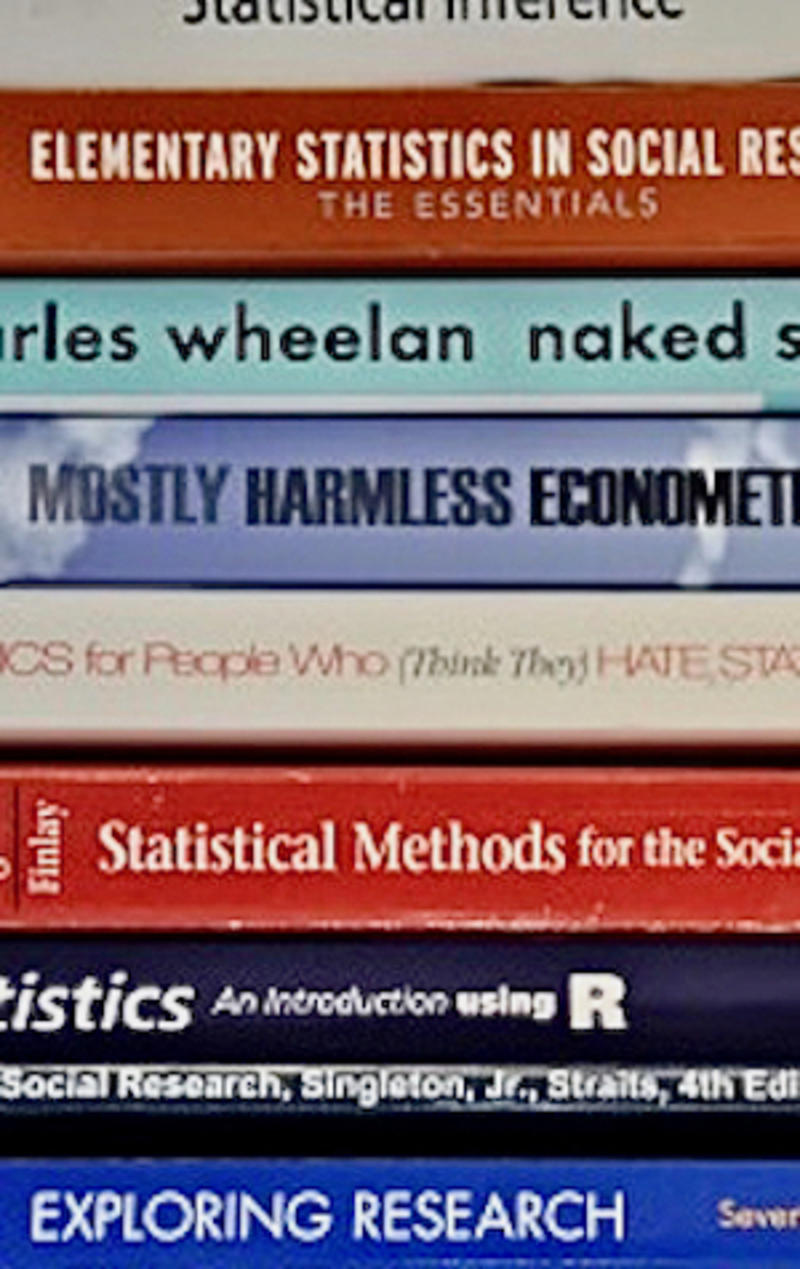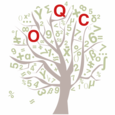Teaching & Courses
OQC's main responsability is to develop and deliver high quality quantitative methods courses for Oxford social science undergraduates.
These courses are now integrated into the curriculae for Philosophy, Politics and Economics (PPE) and History and Politics (HP). Students who are not studying for these degrees, but are interested in quantitative social science, may still take the course and can arrange to do so by contacting the DPIR undergraduate office.
Introductory Quantitative Methods Component in Politics Prelims (Political Analysis)
Since 2014, the first year Politics Prelims curriculum for students in Philosophy, Politics and Economics (PPE) and History and Politics (HP) includes a third compulsory component, Political Analysis (c), in addition to The Theory of Politics (a) and The Practice of Politics (b). It consists of 8 lectures and 4 data-labs providing an introduction to empirical and quantitative methods.
The purpose of this component is to enable students to assess and critically evaluate better assertions, theories, arguments and opinions expressed in the substantive papers of their degree [component b of the paper]. Throughout their first year, students encounter statements accompanied by quantitative analyses aimed to provide a backing of theoretical statements with empirical evidence. Our knowledge and understanding of politics are largely contingent upon the confirmation or refutation of these statements by the empirical evidence. Statistical tools are essential for researchers to test their claims against the empirical evidence. Basic concepts of statistics, especially randomness and averaging, provide the foundations for measuring concepts, designing studies, estimating quantities of interest and testing theories and conjectures.
This methods component is a gentle introduction to the scientific methods. It consists of an 8-lecture route through the research cycle. Using a running example in the literature, we go through all the steps, from finding a research question up to preliminary statistical analysis. The objective is to learn how statistical methods can help us to address questions of theoretical and/or policy interest. By the end of the course, students will be in position to:
- critically read and evaluate statements about causal relationships based on some analysis of data;
- summarize quantitative information using software like R and assess the level of uncertainty accompanying these summary estimates.
One can only learn statistics by doing statistics, so the course includes a four-week, hands-on, laboratory component, where students are introduced to the statistical software R.
Assessment
The political analysis component is not be assessed in the Prelims examination paper. Instead, students are required to submit one methods essay during Trinity Term.
Quantitative Methods Component in Core Papers Comparative Politics (201), International Relations (214) & Political Sociology (220)
The study of politics requires assessing claims about the relationships among political actors, political institutions, and societaloutcomes. This course will help students critically assess claims made in academic literature and build the skills necessary toanalyse these relationships themselves.
The course is designed as a complement to three core papers in Politics: Comparative Government (201), InternationalRelations (214), and Political Sociology (220). Each of these papers asks students to critically evaluate empirical evidence; forexample, recent exams have asked students to assess the effects of federalism (CG), the mass media (PS), and globalization (IR). Our main goal is to give students the tools to engage critically with the evidence they encounter in their core papers in Politics, which will help them make better assessments of quantitative evidence both in exam questions like these and in amuch broader set of circumstances after their degree is completed.
Assessment
Students may choose between two forms of assessment. In either case, the assignment should be submitted via Weblearn bynoon on Friday of Week 2 of Hilary Term.
Option 1: Take-home exam
The take-home exam consists of specific questions about the content taught in the lab sessions. For example, students may begiven a dataset and asked to run some analysis and interpret the results. The take-home exam will be distributed in Week 8 ofMichaelmas Term.
Option 2: Essay based on data analysis
Students pursuing this option will write an essay of no more than 2,000 words in which they report the results of original dataanalysis. This option is designed to allow students the freedom to pursue a topic or question that they find interesting, with thepossibility that their analysis could be the first stage of a dissertation project. In general these essays should go well beyond what we do in the lab worksheets by using different data or additional methods or both. In previous years, a small minority ofstudents chose this option.
Quantitative Methods Dissertation (298)
Third year students have the option of writing a supervised dissertation, applying quantitative methods to an area of Politics, International Relations or Sociology. This counts as one of their eight subjects for Finals.
The dissertation must be 15,000 words, and is supervised through individual tutorials, as well as Data Lab sessions.




